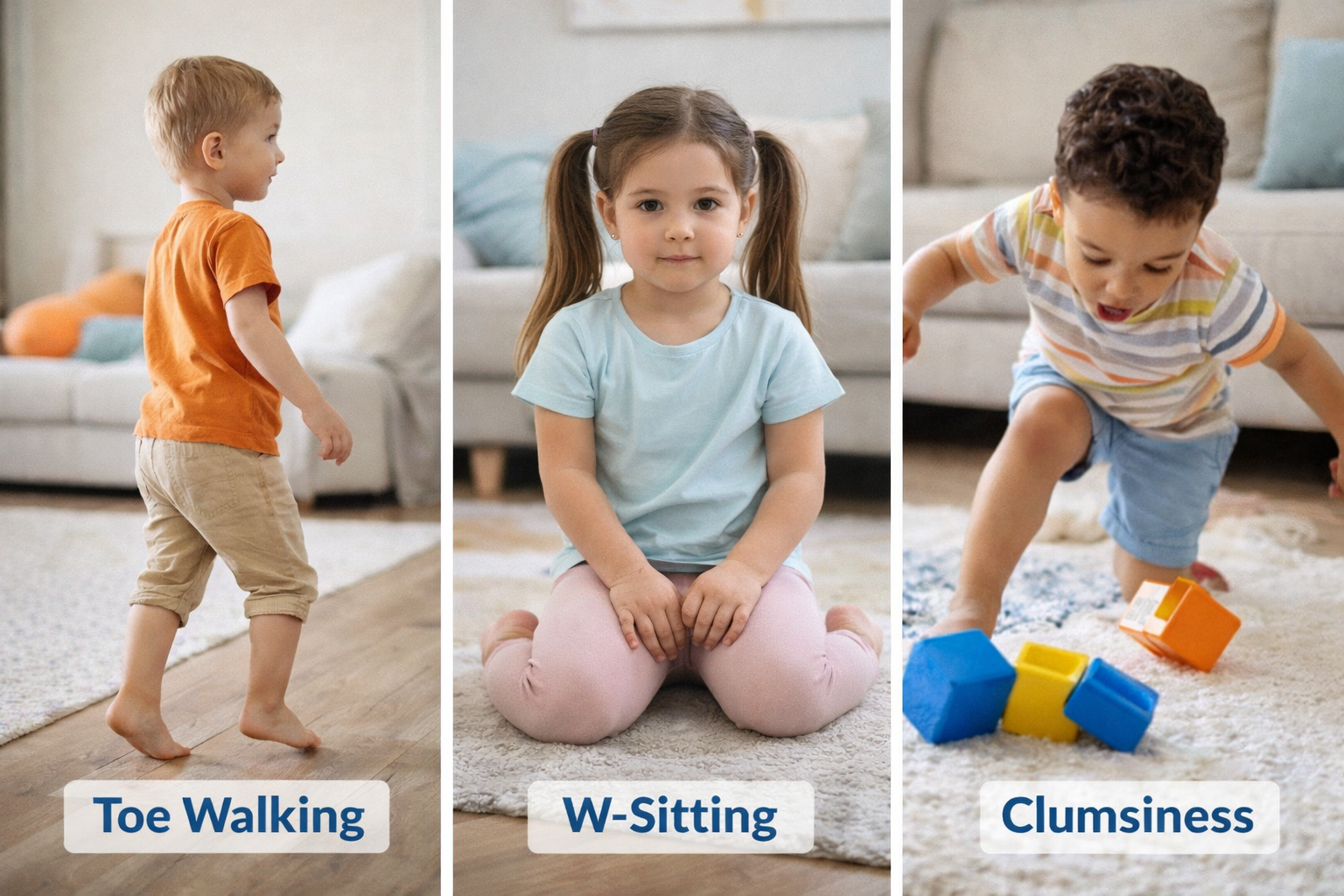Why Does My Baby Get Hiccups All the Time?
At first, it seems innocent enough. A hiccup or two after feeding—no big deal. But what happens when those hiccups come back again and again… even when your baby hasn’t just eaten?
Parents often ask us at Pinnacle Chiropractic:
“Is it normal for my baby to have hiccups this often?”
The short answer: occasional hiccups are expected in babies. But frequent hiccups—especially when they interfere with feeding, sleep, or comfort—can point to something deeper: irritation of the vagus nerve.
What Causes Hiccups in Babies?
Hiccups happen when the diaphragm, the breathing muscle at the base of the lungs, spasms and causes the vocal cords to close quickly. That’s what makes the familiar “hic” sound.
For babies, hiccups can be triggered by:
- Eating too quickly
- Swallowing air while feeding
- Temperature changes
- Excitement or overstimulation
Most of the time, this is harmless. But if hiccups happen multiple times a day, last longer than usual, or disturb sleep and feedings, the nervous system may be involved.
Meet the Vagus Nerve: Your Baby’s Regulator
The vagus nerve is one of the most important nerves in your baby’s body. It connects the brainstem to the heart, lungs, and digestive system—helping regulate swallowing, breathing, digestion, and the diaphragm.
When this nerve is irritated, babies may experience:
- Constant hiccups
- Trouble burping
- Reflux or frequent spit-up
- Difficulty latching or swallowing
- Arching, stiffness, or body tension
- Fussiness after feeds
Because the vagus nerve travels through the neck, it is especially vulnerable during birth—particularly in babies who had long labors, fast deliveries, or birth trauma. Even small misalignments in the upper neck can interfere with vagus nerve function and trigger frequent hiccups.
What We Look for at Pinnacle Chiropractic
When families bring babies to our office with hiccups, reflux, or feeding challenges, we start by performing INSiGHT nervous system scans. These scans measure stress patterns in the upper neck and cranial nerves, right where the vagus nerve exits the brainstem.
With gentle, precise adjustments—no cracking or twisting—we release that stress and tension. What parents often notice after care is remarkable:
- Hiccups reduce or stop altogether
- Feeding becomes smoother
- Sleep improves
- Babies seem calmer and more at ease
“But My Pediatrician Said Hiccups Are Normal…”
And they’re right—occasional hiccups are normal. But constant hiccups that interfere with daily life deserve a closer look.
Parents know their babies best. If your gut tells you something is off, trust it.
Signs Your Baby May Benefit from a Nervous System Check
- Hiccups after every feeding or randomly throughout the day
- Difficulty latching or frequent gagging
- Arching their back or looking stiff
- Spitting up more than expected
- Fussiness or difficulty soothing
How We Help Babies with Hiccups
At Pinnacle Chiropractic, we’re not a one-size-fits-all office. Our doctors are specially trained in pediatric chiropractic care through the ICPA and PXDocs.
We take the time to listen to your story, perform thorough scans, and use safe, gentle methods designed specifically for infants. Our goal is simple: to support your baby’s nervous system so they can feed, rest, and grow the way they were designed to.
Located in Lakewood Ranch and serving Sarasota, Bradenton, and surrounding communities, we specialize in:
- Nervous system-based infant chiropractic
- Gentle support for feeding and digestion issues
- Helping babies thrive in their first year and beyond
Ready to Find Answers?
If your baby is struggling with constant hiccups—or anything that feels “off”—we’d love to help.
We offer comprehensive consultations that include INSiGHT nervous system scans and a personalized plan to restore balance naturally.
🌿 At Pinnacle Chiropractic, we believe your baby was designed to thrive—and we’re here to support that.
👉 Looking for a Pediatric or Prenatal Chiropractor near you? Visit www.pdcnearme.com to find someone in your area.








.jpg)

